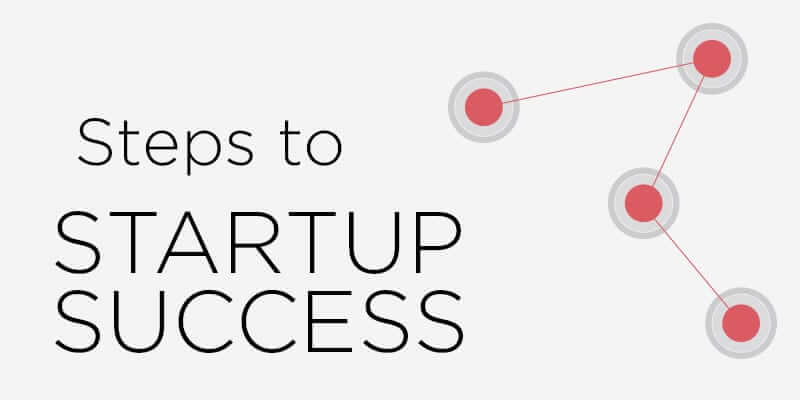If you have been reading up digital news frequently, you already know what’s the most hep topic of conversations today — startups.
Call it need of the hour or blame the unicorn success, everyone is after the next big thing. Entrepreneurs are after making an idea the next big thing the world experiences and investors after ‘opportunity’!
Let’s get real, entrepreneurs are the new age poster boys! Leaving behind politicians and celebrities when it comes to making news or raising controversies.
The thing called ‘startup success’
Whenever a new idea enters the market, there are hundreds betting that it’ll be the next one to make it to Forbes in a short span.
The basis of their judgement?
● the idea getting into an incubator
● raised venture capital money
● a feature on popular websites like TechCrunch
● millions of app downloads and unpaid users
I wouldn’t say the party betting was wrong, if it wasn’t for the half cooked ideas that were being deemed as the ‘next big thing’.
There’s a hot new startup in the limelight every other day — but the truth is, 90% of these are a failure. Even the ideas that make it through the ‘criteria of success’, more often than not lose momentum and become a thing of the past.
Don’t believe me? Check Forbes!
A recent consumer survey suggests that the average number of apps downloaded in a user’s SmartPhone is 42 and the most frequently used apps are less than 10.
Ask yourself — what are the most productive apps that you frequently use? The answer says it all.
It’s proven during dot com bubble that human life style cannot be automated through internet. Same applies with mobile apps. People love varied experiences and it’s natural to try out newer things out of curiosity. What makes business sense is the convenience improvement offered by a mobile app, therefore they use it regularly and will pay for.
Even though getting funded is a step towards the success goal, it need not always be associated with actual validation of products. Let’s face it — Investors are here to make money and they call their best shots with due diligence; however it is not too different from a lottery bet.
With today’s internet economy, the possibilities for a startup are immense — the money liquidity in the market just makes the sail smoother. Investors don’t want to miss out on an opportunity and web journalists are racing against time to be the ones to discover the next unicorn!
Question — does claiming a huge venture capital round or a PR feature mean success? Does any of this matter to your customers?
No.
What matters to your customers is whether your product resolves any of their day-to-day issues. Once they have something to relate it to, you won’t believe how willing they are to pay for it — but not once do they look at your fundings or PR features. As a matter of fact, most don’t even know what they are!
What ‘startup success’ really looks like
Put yourself in a realistic and satisfying position and don’t get distracted by the PR glory you bag within a week of introducing your idea in the market or Fund raising. Here’s what really defines a startup’s success:
1. products that are solving real time problems irrespective of their nature and size
2. customer traction out of need and not multiple advertisements
3. steady inflow of revenue and profits
4. customer retention and the ability to get referrals
So, before you wreck your head on how to get there with the sexy side of Fund raising & PR, remember the above 4 points should be your primary goals; everything else is secondary.
Doesn’t match up with what you heard? Well, that’s the truth coming from a guy who has been through the grind.





























